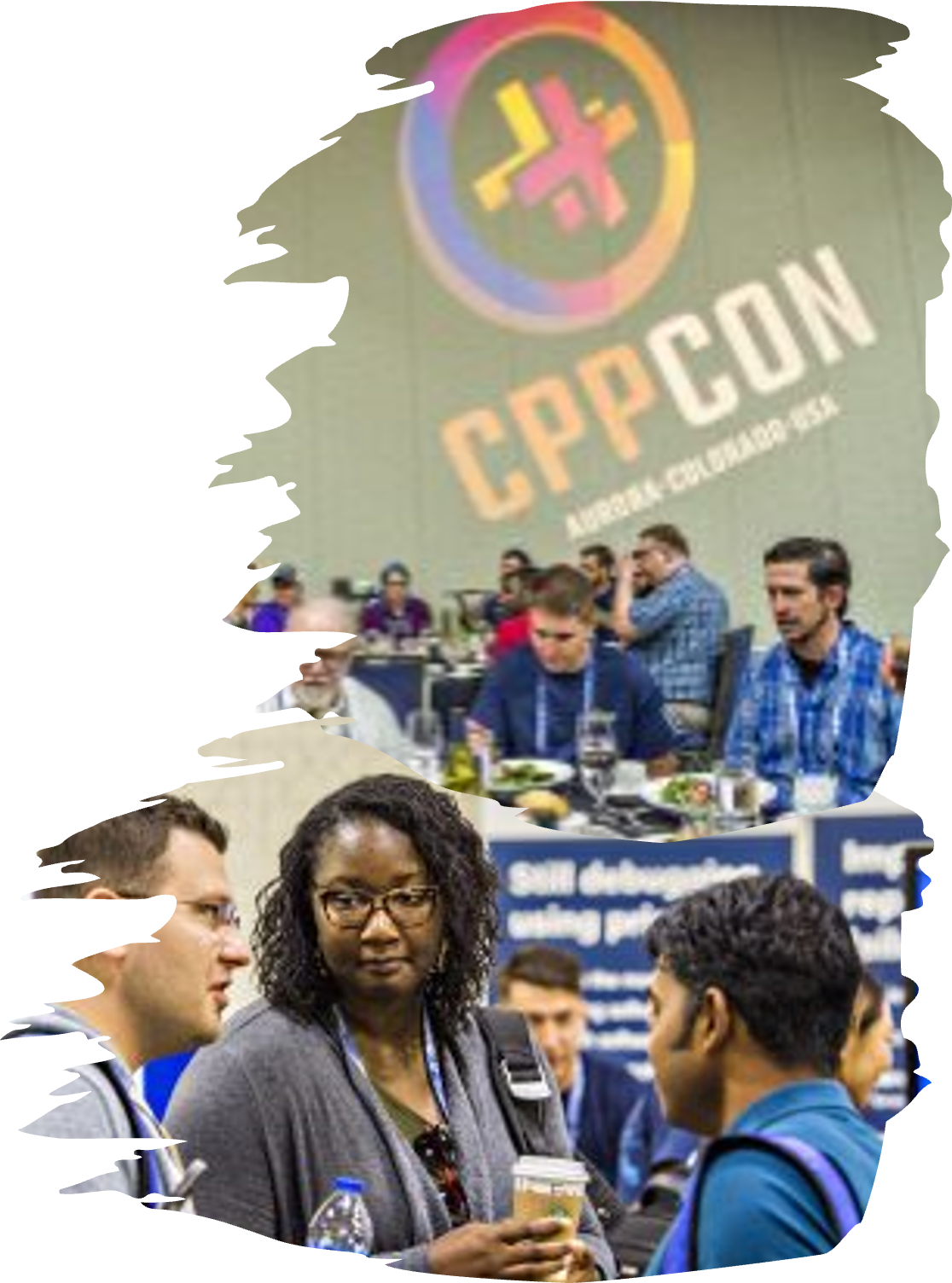Cppcon 2021 A (Short) Tour of C++ Modules--Danila Kutenin
Registration is now open for CppCon 2021, which starts on October 24 and will be held both in person and online. To whet your appetite for this year’s conference, we’re posting some upcoming talks that you will be able to attend this year. Here’s another CppCon future talk we hope you will enjoy – and register today for CppCon 2021 to attend in person, online, or both!
A (Short) Tour of C++ Modules
Tuesday, October 26 • 3:15pm - 4:15pm
by Danila Kutenin
Summary of the talk:
Once you decide to start a big project or a company, it eventually comes down to unifying the build infrastructure. However, hundreds and thousands of compilation units are extremely difficult to maintain to achieve the highest possible performance. Contrary to the belief that you should always trust your compiler, recent micro-architectural breakthroughs from merging two arrays with special instructions to JSON parsing through SIMD showed that compilers are far from understanding every single piece of code you write. In this session we will talk about our experience on how to achieve the highest possible performance without much rewriting of your code, which trade-offs C++ compilers have, how to make the most of your micro-architecture, why unrelated changes may decrease the performance and how to debug them. In the end we will show which compiler options gave us the opportunity to gain 5-15% of performance, stabilized the benchmarks and decreased the build size for search engines, databases and high performance computing.

 This just in:
This just in: